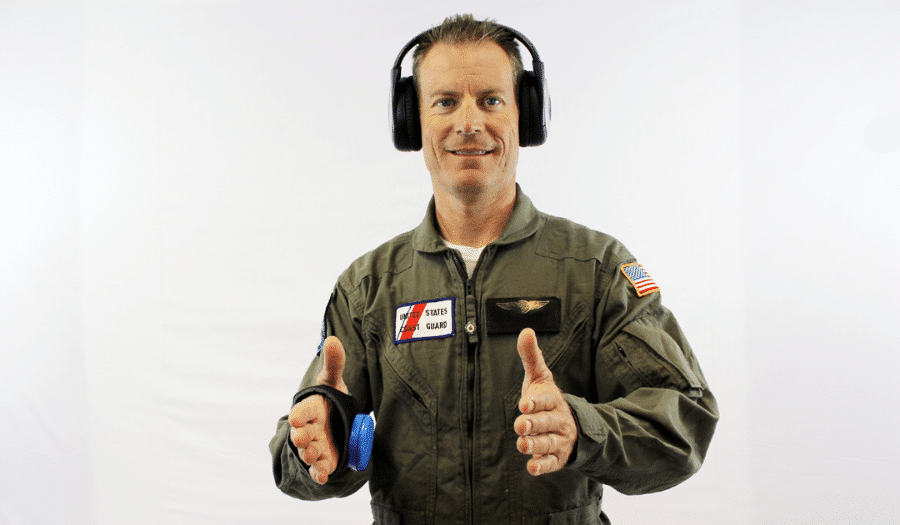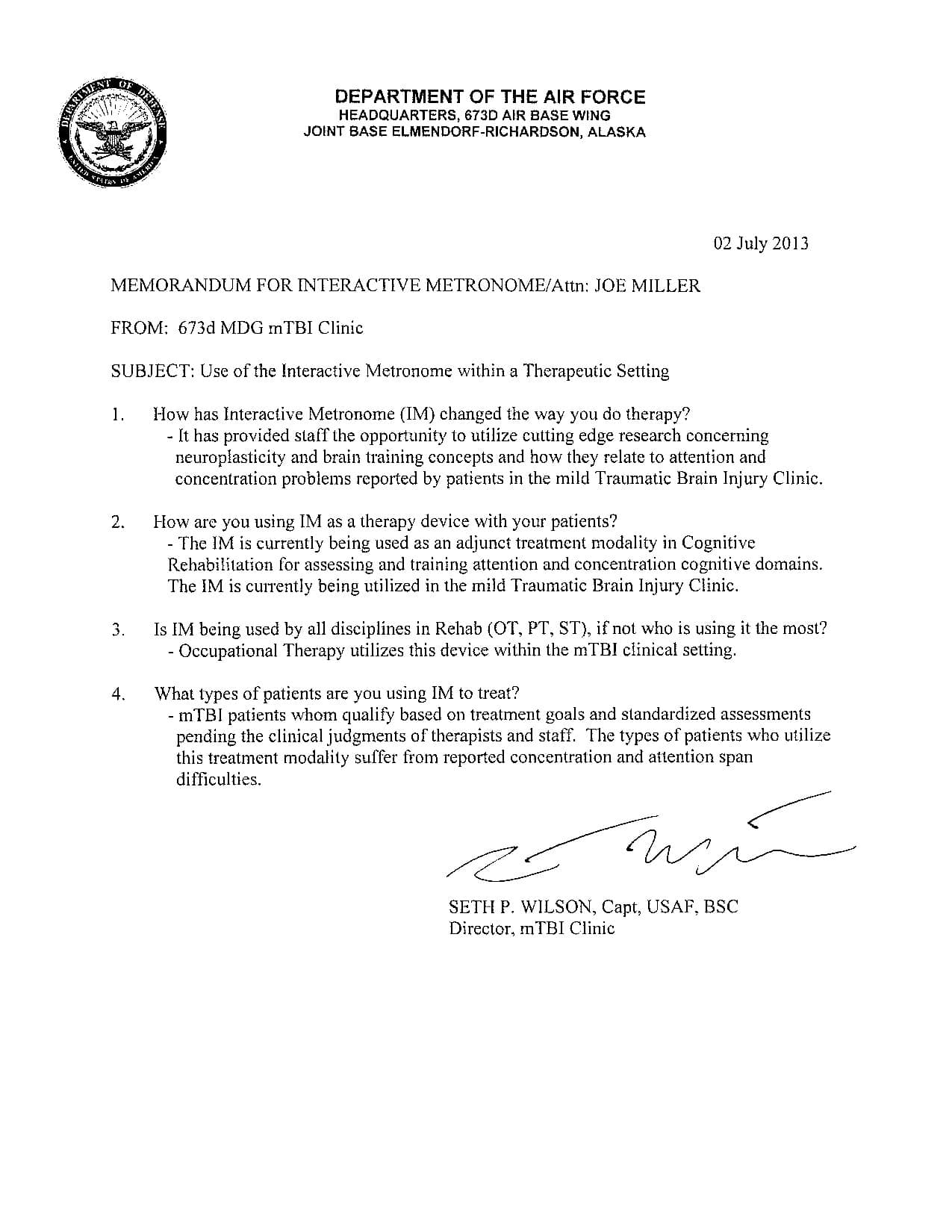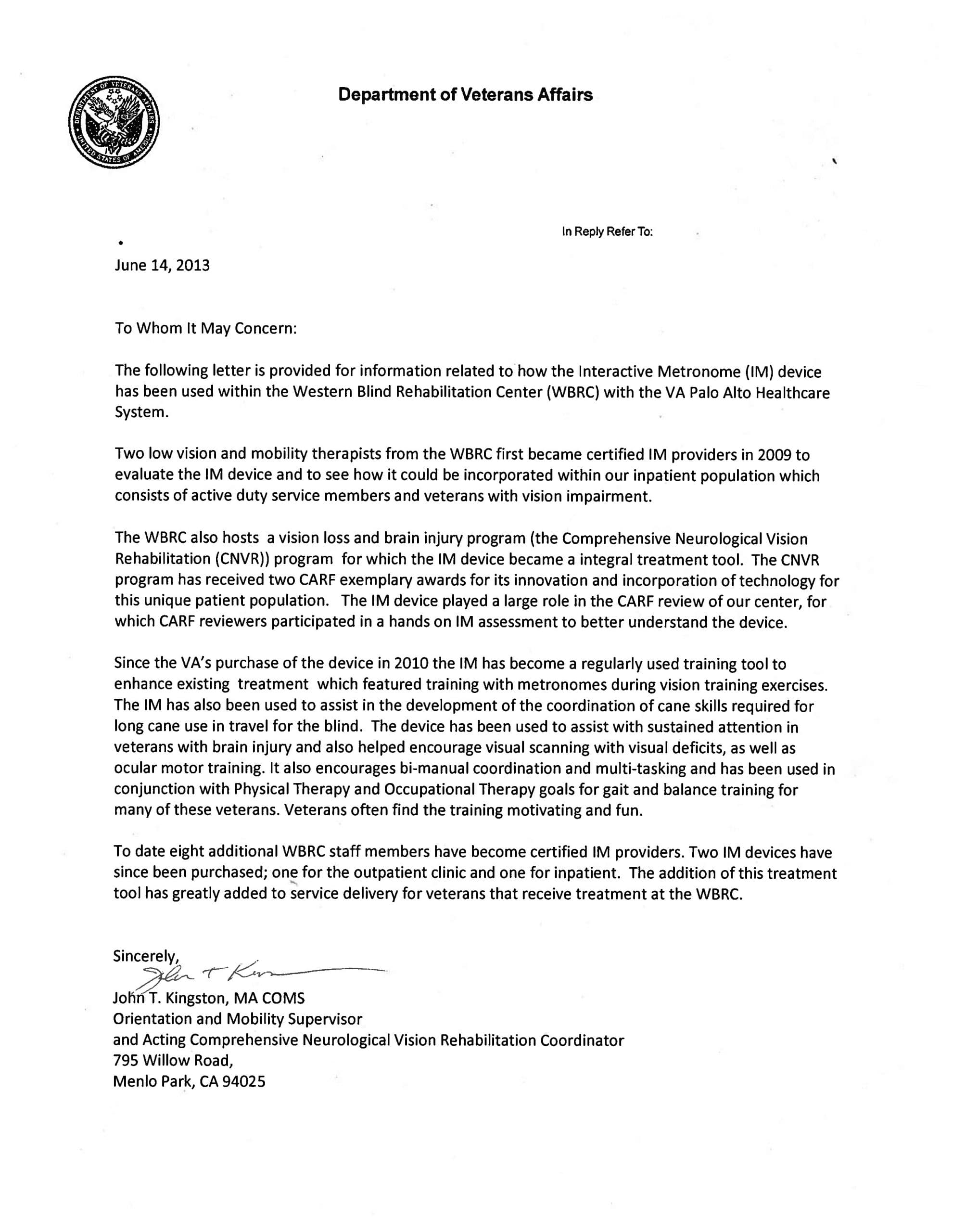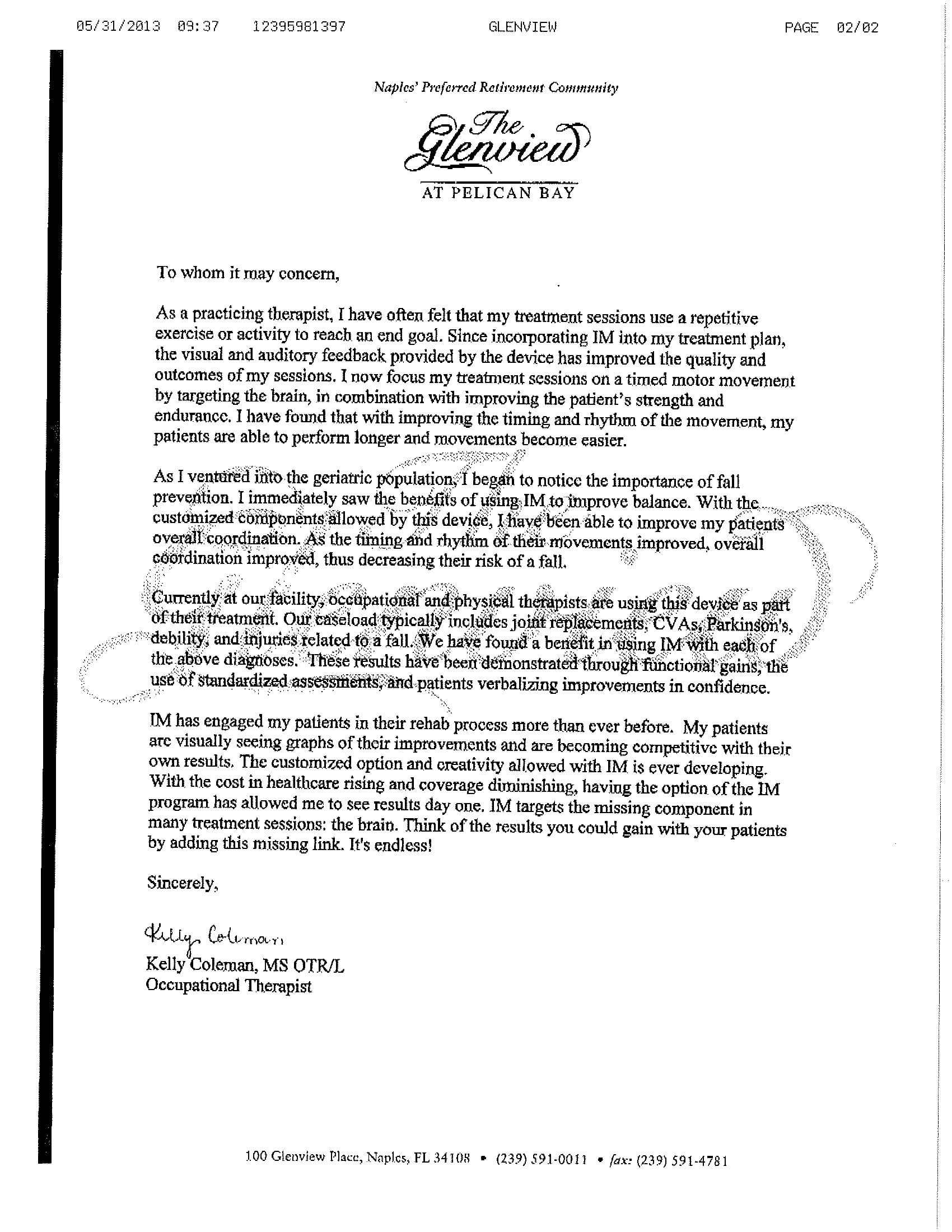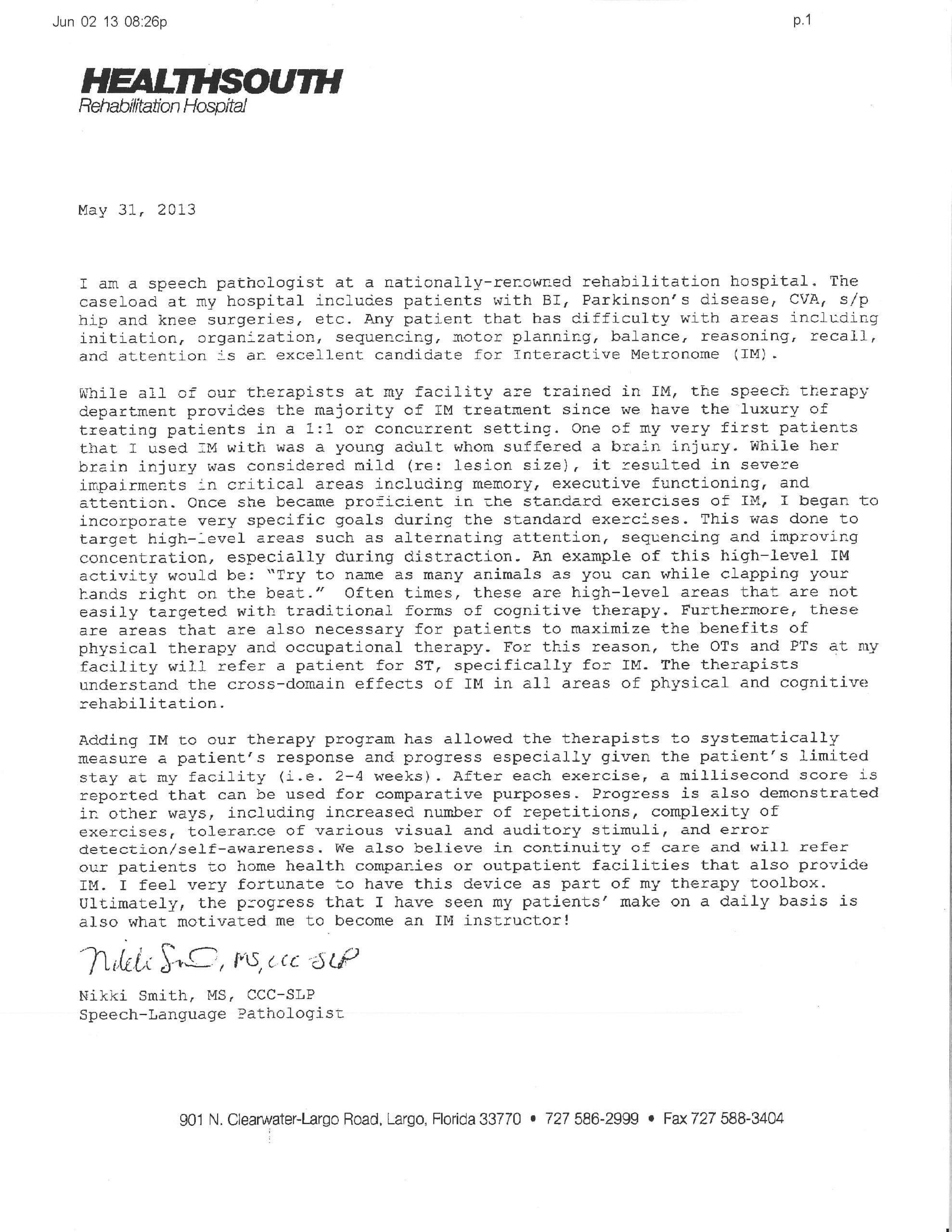We are GSA Approved!

Interactive Metronome, Inc. is a GSA approved vendor (GSA Contract#: GS-35F-344GA) with over 15 years of clinical research supporting the utilization of the Interactive Metronome® (IM) program in rehabilitative and therapeutic practice. IM has documented gains in specific cognitive functions including neuroplastic changes in the brain. IM is also beneficial for the rehabilitation of adults following stroke, brain injury, and other neurological disorders.
Capability Statement
Core Competencies
Within the Military Health System (MHS), Interactive Metronome® (IM) is dedicated to improving the lives of patients and families impacted by: TBI, amputations, and their associated conditions. IM is an evidence based, engaging therapeutic modality that improves cognitive and motor skills.
The Program
IM is a structured and goal-oriented program designed to challenge the patient to perform customizable, synchronized, repetitive motor movements to a precise reference tone. A patented auditory-visual guidance system provides immediate feedback measured in milliseconds to improve timing and rhythm.
IM improves synchronization of neural impulses within key brain networks for cognitive, communicative, sensory, & motor performance.
Schedule a Time with Your Rep to Learn More about IM
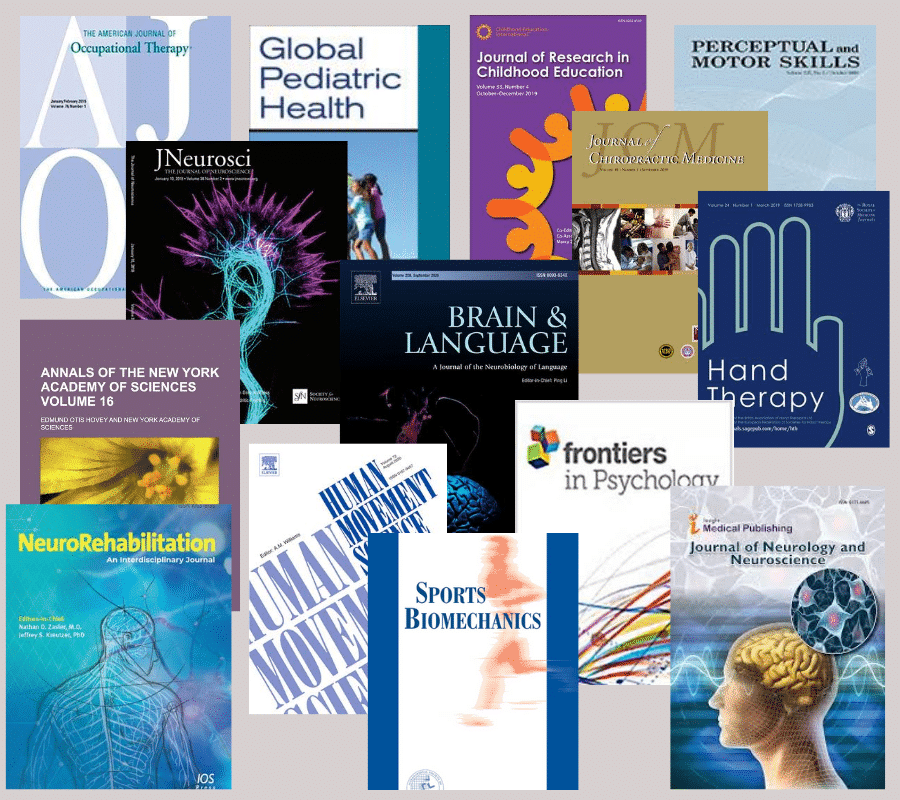
Research
Interactive Metronome® is patented technology backed by research with over 35 studies published in leading scientific journals.
Peer reviewed studies repeatedly confirm the importance of timing & rhythm for human performance. According to IM research, improving neural timing may result in better function in the following areas:
- Attention
- Processing Speed
- Working Memory
- Executive Functions
- Expressive & Receptive Language
- Regulation of Self Control
- Upper Extremity Function
- Motor Coordination
- Balance
Patients Who Benefit
Within the MHS, IM has been scientifically proven to be an effective modality for patients suffering from:
- TBI – Blast Injury
- Concussion
- Stroke
- Amputation (adaptive training)
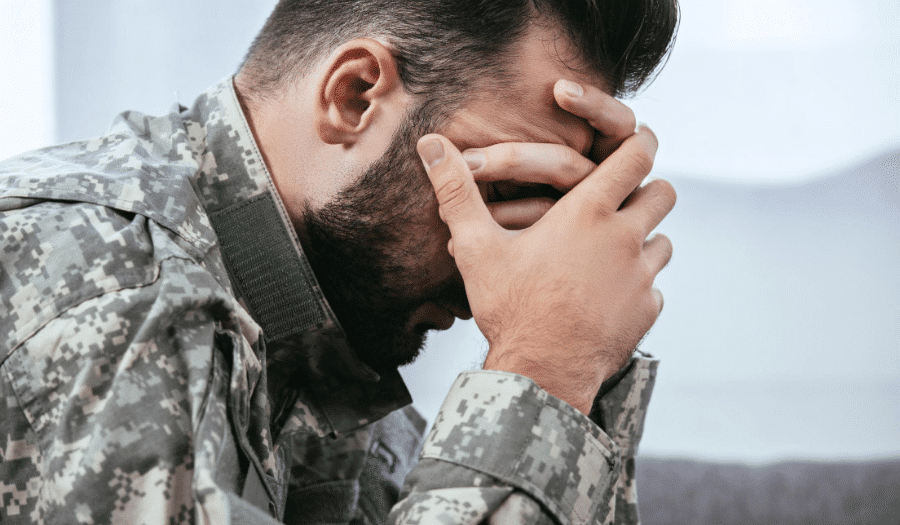
Past Performance
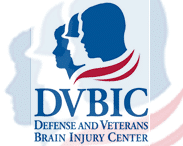 Defense and Veterans Brain Injury Center (DVBIC)
Defense and Veterans Brain Injury Center (DVBIC)
The DVBIC funded a 2-year study showing that IM was an effective cognitive remediation for blast related traumatic brain injury. The study was published in Neuropsychology, the journal of the American Psychological Society (Nelson, MacDonald, Stall, & Pazdan, 2013). The DVBIC continues to use IM.
Endorsements
Over 18 Medical Centers and 8 Military Hospitals, including the Walter Reed Army Medical Center, use IM as a therapy protocol to treat mTBI and other traumatic injuries that demonstrate neural timing deficits.
- James A. Haley Veterans’ Hospital
- VA San Diego Healthcare System
- West Palm Beach VA Medical Center
- Southern Arizona VA Health Care System
- Boise VA Medical Center
- VA Palo Alto Health Care System
- Jack C. Montgomery VA Medical Center
- VA Long Beach Healthcare System
- Alaska Healthcare System
- VA Caribbean Healthcare System – San Juan
- New Mexico VA Health Care System
- Hershey “Woody” Williams VA Medical Center – Huntington WV
- Michael E. DeBakey VA Medical Center – Houston
- VA Hospital Lake City
- William S. Middleton Hospital
- Tomah Medical Center
- Sioux Falls Medical Center
- Minneapolis Health Care System
- U.S. Army Research Laboratory
- Martin Army Community Hospital
- William Beaumont Army Medical Center
- Evans Army Community Hospital
- Womack Army Medical Center
- U.S. Army Health Center Vicenza
- Raymond W. Bliss Army Health Care
- Walter Reed National Military Medical Center
Differentiators
- Interactive Metronome, Inc. is a GSA approved vendor.
- 15 years of published clinical research supports the utilization of the IM program in rehabilitative and therapeutic settings.
- Specific military research – A study1 performed at the DVIBIC in Fort Carson, Colorado, showed that subjects utilizing IM, in addition to standard rehabilitation care, outperformed standard care on 21 out of 26 neuropsychological measures among active-duty soldiers with mild-to-moderate TBI.

Reference
- Nelson LA, MacDonald M, Stall C, and Pazdan R. (2013). Effects of interactive metronome therapy on cognitive functioning after blast-related brain injury: A randomized controlled pilot trial. Neuropsychology, 27, 666″“679.
Company Data
Interactive Metronome, Inc. has been in business since 2001 and had done business with the VA for over 11 years. The IM program is backed by 15 years of clinical research, including more than 35 published studies and white papers.
DUNS: 015570872
CAGE: 3AW47
Socio-economic certification: Small business
NAICS Code: 334118, 423450
Accept Credit & Purchase cards
FSS Contract Number: GS35F344GA
GSA Schedule: 70 SIN 132-8
Register for a Free Webinar
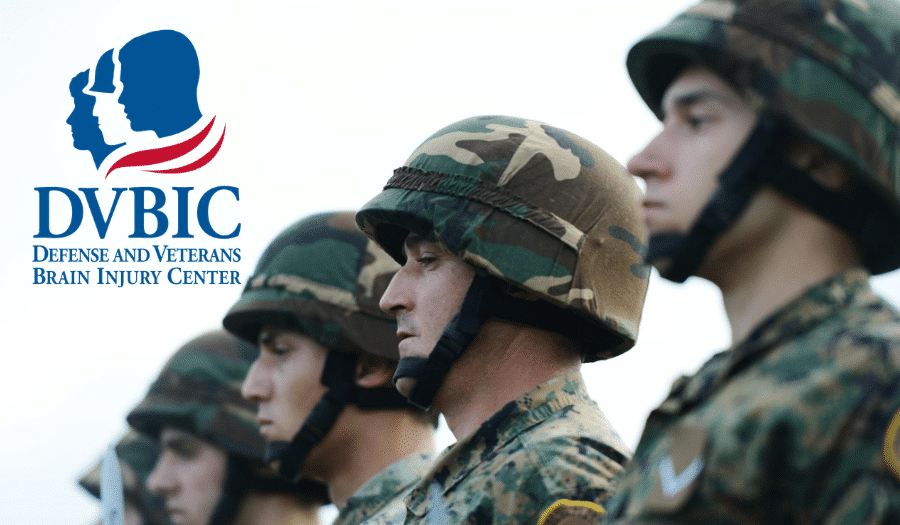
CEUs: 0.1 ASHA (1.0 Contact Hours)
0.1 AOTA / 1.25 NBCOT PDUs (1.0 Contact Hours)
PT/PTA & Other Disciplines Not Listed Above: If your discipline or state is not listed above, you may submit paperwork to your state board or association for CEUs if they allow you to do so. Please check with your state board/association prior to registering for this course.
Published Study Results: IM for Rehab of Blast Related TBI
Dr. Nelson will present the findings of a recently completed randomized controlled, trial of Interactive Metronome (IM) therapy in the treatment of persisting cognitive symptoms following blast-related traumatic brain injury in a sample of active duty Soldiers. Soldiers were randomly assigned to receive either standard rehabilitation care, or standard care plus Interactive Metronome therapy.
Initial findings show that IM therapy significantly improved Attention, Immediate Memory, and Delayed Memory functioning. Indicators of neuroplastic change suggest that brain changes due to IM therapy account for large portions of the variance in neuropsychological test performance. Six month follow-up data are currently being collected. Preliminary results were published in the journal: Neuropsychology in 2013 with additional publications pending completion of the study and further analysis of electro-cortical and follow-up data.
Published Research Studies
Effects of Neurocognitive Temporal Training on Weapon Firing Performance
Leah R. Enders, Gary L. Boykin, and Valerie J. Rice
Published in PERCEPTUAL AND MOTOR SKILLS
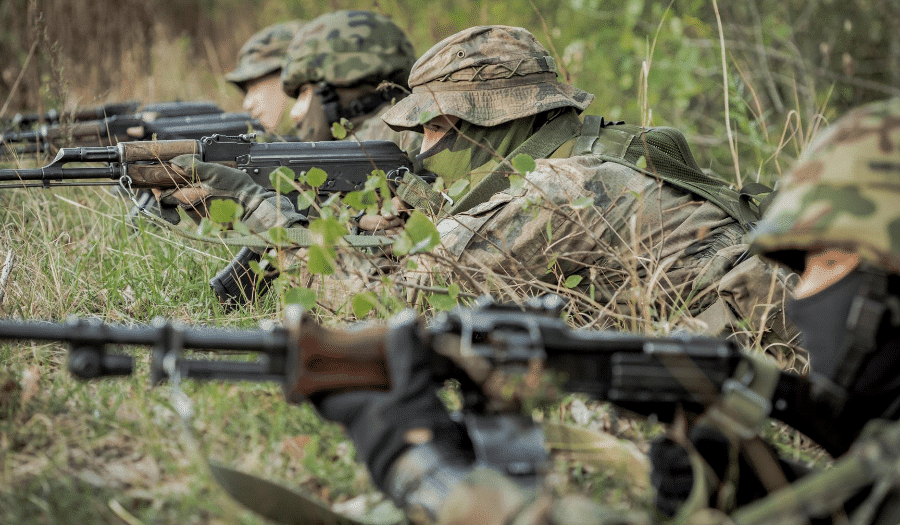
RESULTS:
Active duty U.S. Army service members with prior marksmanship experience that received Interactive Metronome (IM) training demonstrated significantly reduced variability and improved precision when firing at a 175m target when compared to matched controls. This study revealed a promising neurocognitive temporal training effect on weapon firing precision.
DETAILS:
- Subjects were randomly assigned to:
- Experimental group: n=18 (mean age = 31) active duty service members received 12 sessions of IM training
- Control group: n=23 (mean age = 26) active duty service members that did not receive IM training
- Outcome measures:
- Weapon firing using a weapon firing simulator, the Engagement Skills Trainer 2000 using a mock M16A4 without laser assist to hit random order stationary and moving targets up to 300m distance.
- TPL: total path length (a precision measure to capture shot-to-shot realignment, a critical component of repeated firing)
- Accuracy is a measure of how close the shot came to hitting the COM (center of mass (a 4-cm zone in the center of the targets, also known as the lethal zone)
- Total Hit Point score captured how well participants fired a shot in the designated lethal (COM) versus nonlethal zones.
- Shot Group Distance from Center of Mass (DCMSG): the distance between the center of the shot group and the COM, representing the average error of a participant’s shot group
- Individual Shot Distance from Center of Mass (DCMS): the average distance between the individual shots of the shot group and the COM, representing the individual error of each shot fired
- Precision is a measure of shot reproducibility or variability and is defined as how consistent or tight the shot group was in terms of location on the target (as an example, previous IM studies on the sport of golf have shown increased precision and decreased variability of the golf shot following IM training with golfers consistently hitting the ball closer to the pin)
- Mean Radius (MR): overall mean distance of all shots and the center of the shot group or radial spread of the shot group (least sensitive to abberant shots)
- Height and width (H+W): sum of the horizontal range and vertical range of the shots on the target, indicating the horizontal and vertical spread of shot group
- Total Path Length (TPL): sum of distances between each consecutive shot location (most sensitive to abberant shots, measures variability or the ability to hit the same location on a shot-to-shot basis)
- Weapon firing using a weapon firing simulator, the Engagement Skills Trainer 2000 using a mock M16A4 without laser assist to hit random order stationary and moving targets up to 300m distance.
Effects of Interactive Metronome® Therapy on Cognitive Functioning After Blast-Related Brain Injury: A Randomized Controlled Pilot Trial
Lonnie A. Nelson, Margaret MacDonald, Christina Stall & Renee Pazdan
Published in Neuropsychology
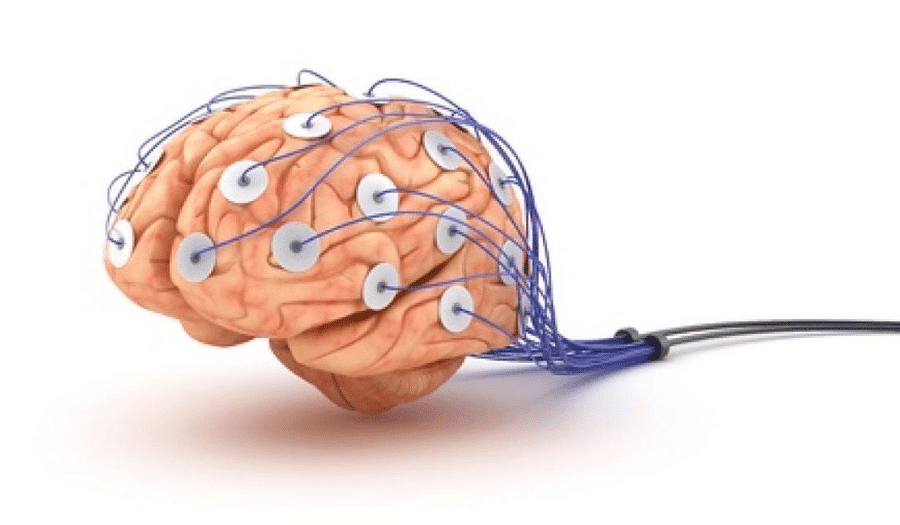
RESULTS:
Active duty soldiers with mild-moderate traumatic brain injury (TBI) who received Interactive Metronome (IM) training in addition to standard rehabilitation care (SRC), demonstrated statistically significant improvements on 21 out of 26 neuropsychological batteries in the areas of attention, inhibition, processing speed, motor speed, immediate memory, and delayed memory compared to soldiers that only received SRC.
DETAILS:
- n=46 active duty soldiers, 21″“49 years of age, approximately 29 months post TBI were randomly assigned to:
- Experimental group: 18 received SRC plus 15 1-hr IM training sessions
- Control group: 18 received SRC only
- Soldiers all had blast-related mild-to-moderate TBI and displayed persistent, chronic cognitive deficits
- To control for bias, investigators completing pre-post assessments were blinded to the participants randomized group assignment
- Assessments included: Wechsler Test of Adult Reading (WTAR), Repeatable Battery for the Assessment of Neuropsychological Status (RBANS), Integrated Visual and Auditory Continuous Performance Test (IVA-CPT), Delis”“Kaplan Executive Functioning System (D-KEFS) Trail Making and Color”“Word Interference subtests, Test of Memory
Malingering (TOMM), Grip Strength and Grooved Pegboard, Wechsler Adult Intelligence Scale”“Fourth Edition (WAIS-IV), including Digit Span, Letter”“Number Sequencing, Digit”“Symbol Coding, and Symbol Search subtests & Rivermead Post Concussion Symptoms Questionnaire, Mayo”“Portland Adaptability Inventory”“4, Satisfaction With Life
Scale, & The Alcohol Use Disorders Identification Test (AUDIT-C).
Resources
brainlinemilitary.org
BrainLineMilitary.org provides military-specific information and resources on traumatic brain injury to veterans, service members in the Army, Navy, Air Force, Marines, National Guard, Reserve, and their families. Through video, webcasts, articles, personal stories, research briefs, and current news, those whose lives have been affected by TBI can learn more about brain injury symptoms and treatment, rehabilitation, and family issues associated with TBI care and recovery.
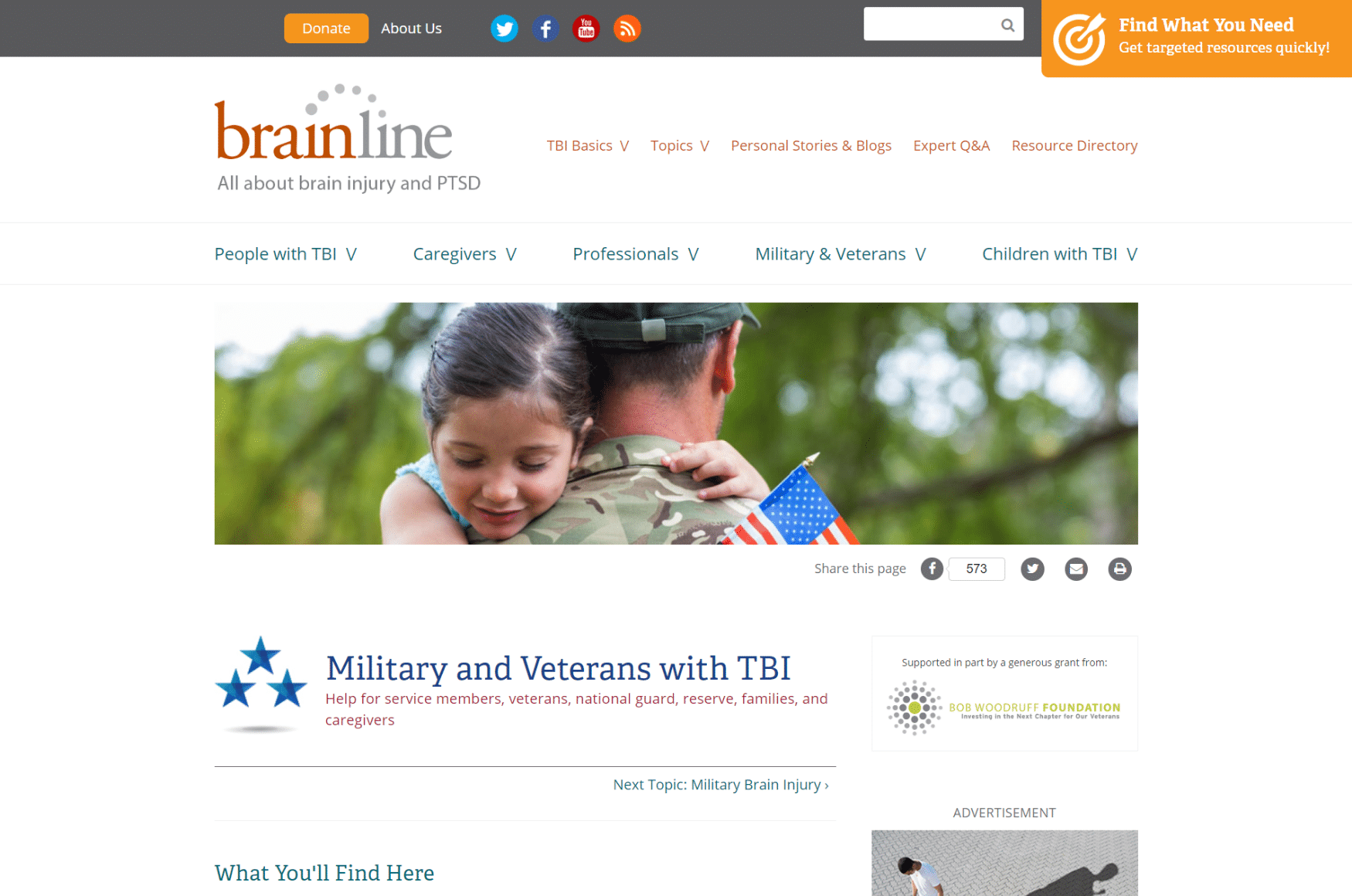

DVBIC.org
The mission of the Defense and Veterans Brain Injury Center (DVBIC) is to serve active duty military, their beneficiaries, and veterans with traumatic brain injuries (TBIs) through state-of-the-art clinical care, innovative clinical research initiatives and educational programs. DVBIC fulfills this mission through ongoing collaboration with military, VA and civilian health partners, local communities, families and individuals with TBI.
TraumaticBrainInjuryAtoZ.org
The Traumatic Brain Injury: The Journey Home site provides an informative and sensitive exploration of TBI, including information for patients, family members, and caregivers. Topics include types and symptoms of brain injury, TBI treatment and recovery, and helpful insights about the potential long-term effects of brain injury. Animation is used to help patients clearly understand the brain, and the results of injuries to different parts of the brain. Survivors and their caregivers share courageous stories about their own experiences, providing down-to-earth facts along with inspiration and hope.
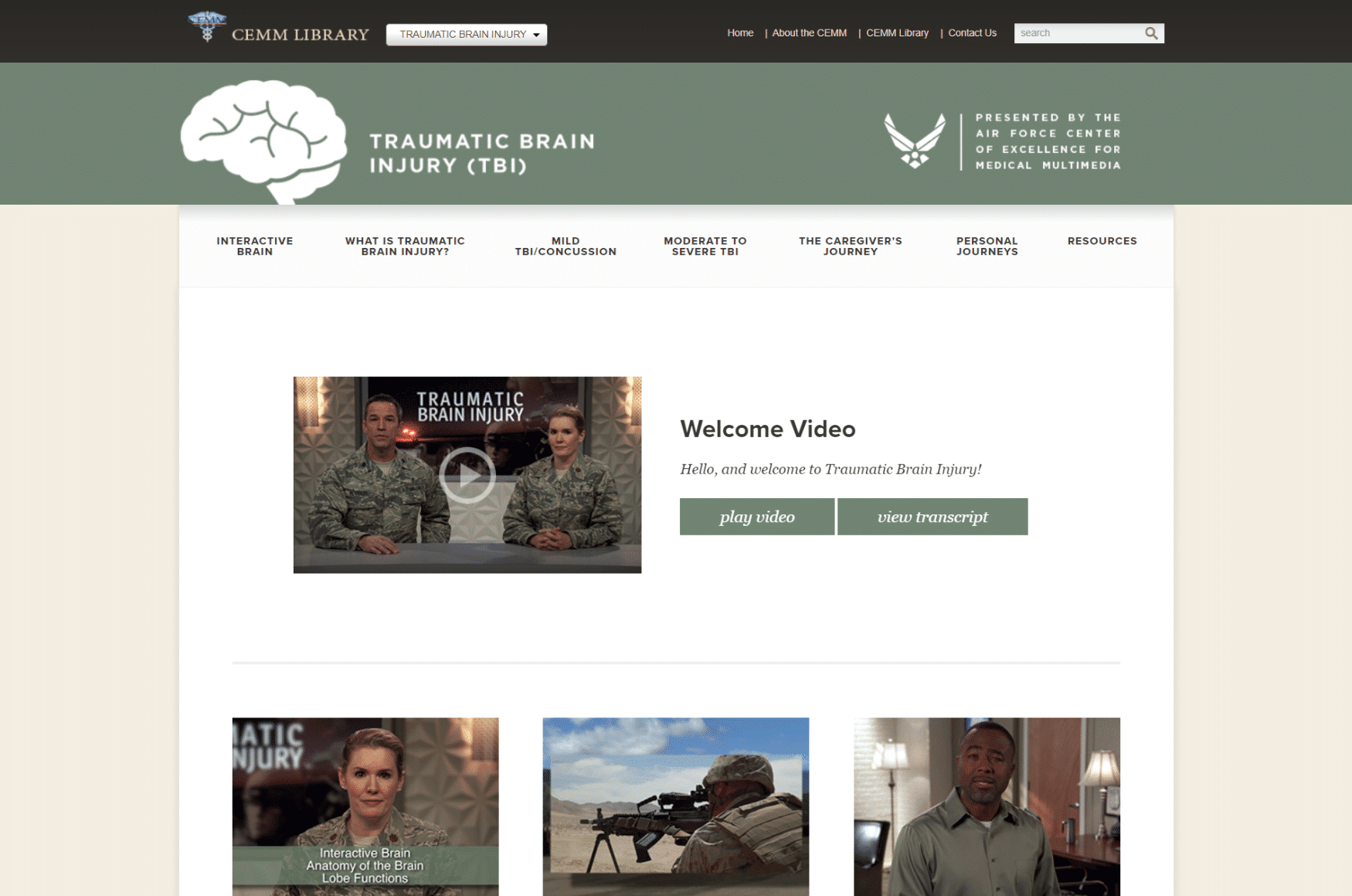
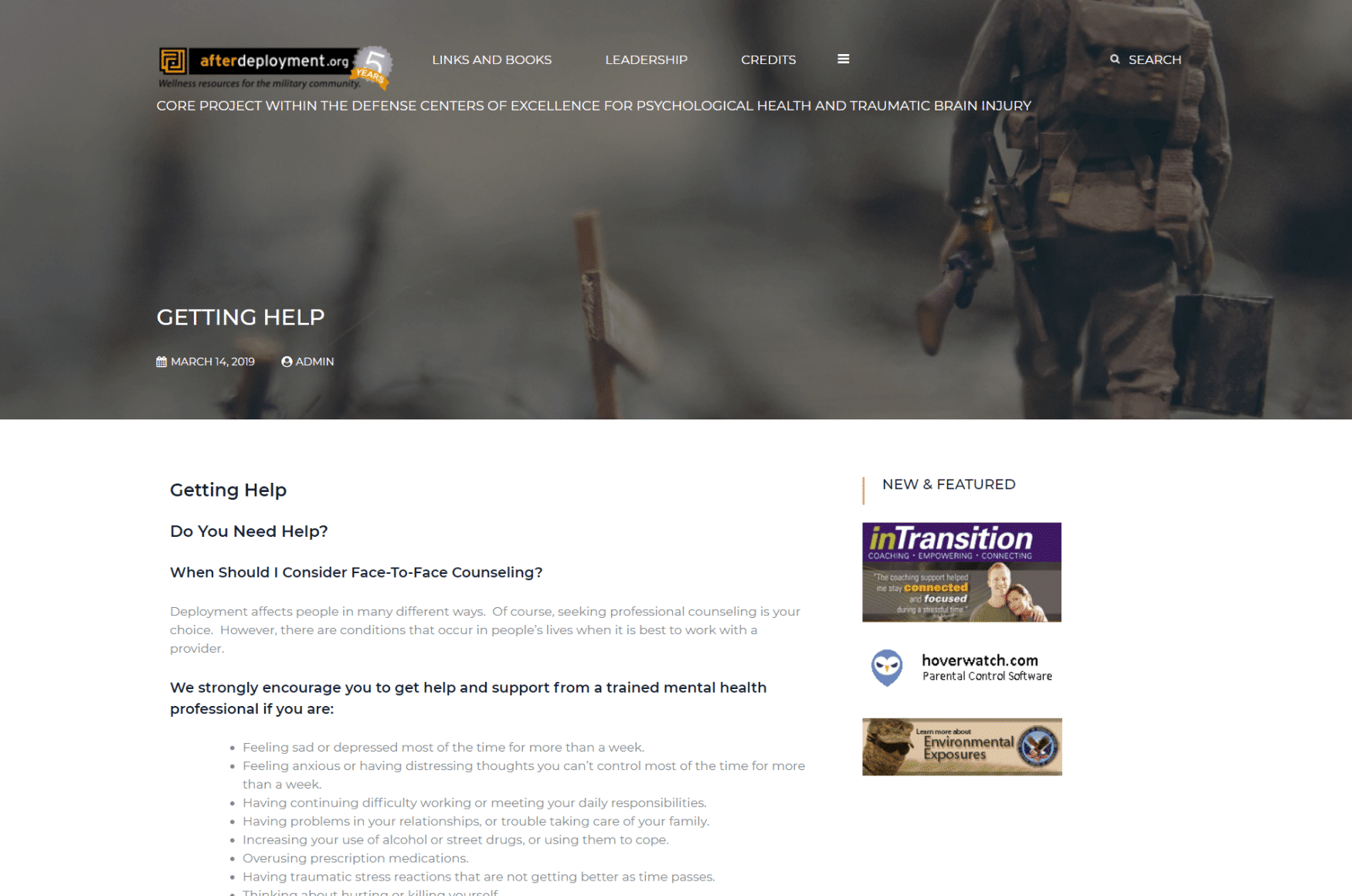
AfterDeployment.org
AfterDeployment.org provides wellness resources to the military community including information on medical and behavioral health conditions and interpersonal relationships. The site also offers toll-free numbers for immediate help, and a forum and blog allowing users to communicate with fellow Service members and experts on a variety of topics.
realwarriors.net
The Real Warriors Campaign is an initiative launched by the Defense Centers of Excellence for Psychological Health and Traumatic Brain Injury (DCoE) to promote the processes of building resilience, facilitating recovery and supporting reintegration of returning service members, veterans and their families.
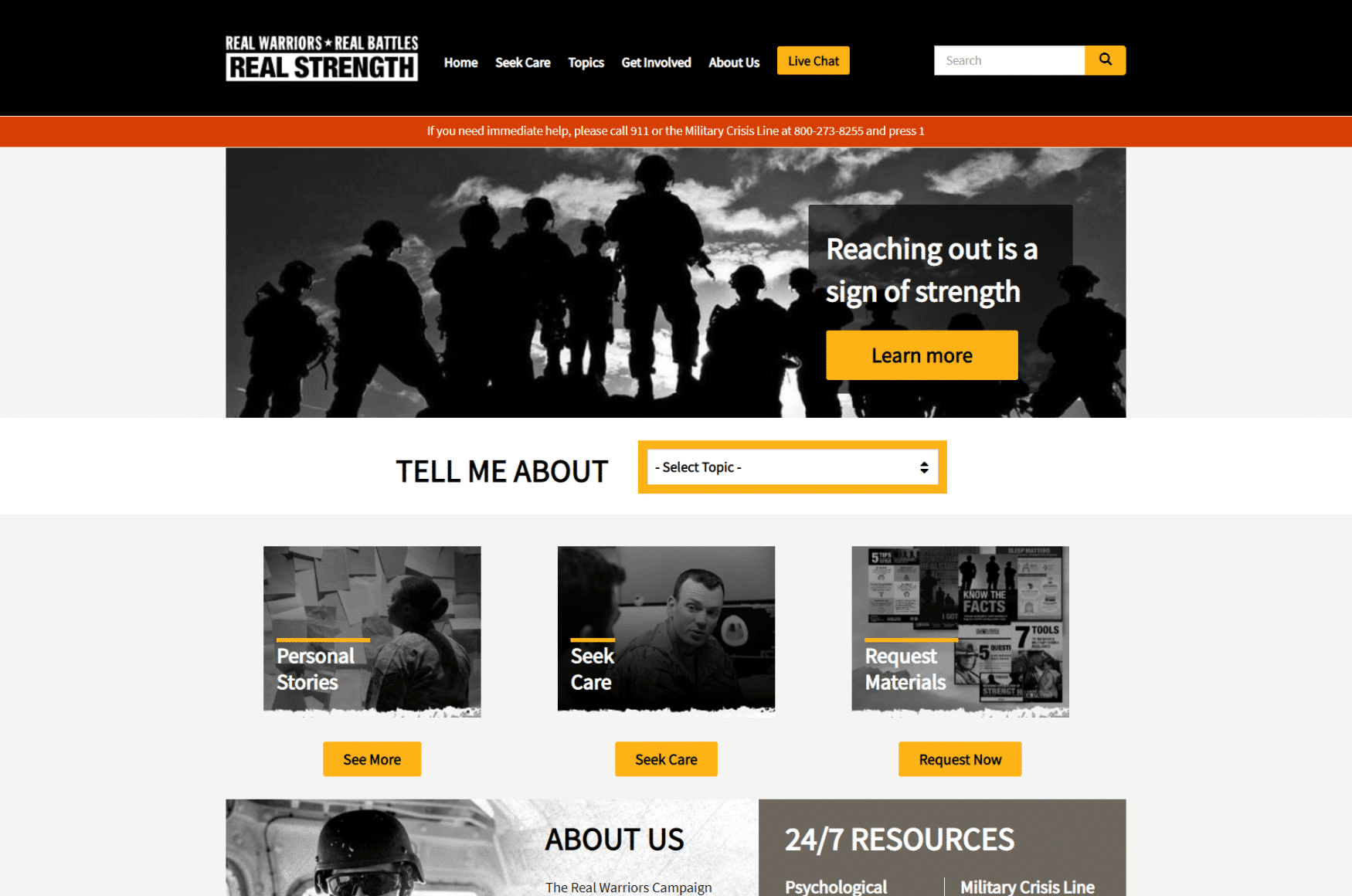
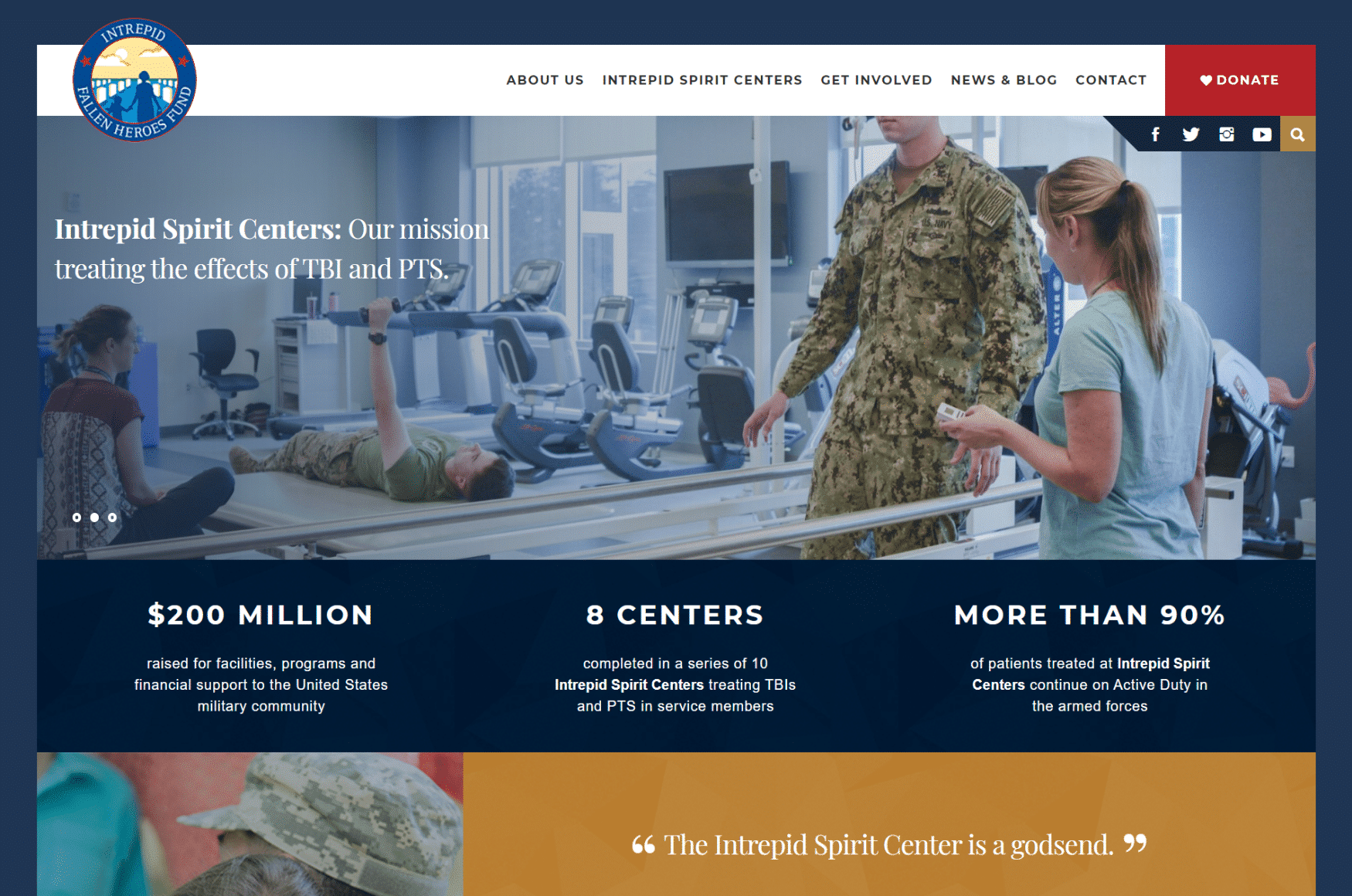
fallenheroesfund.org
The Intrepid Fallen Heroes Fund serves United States military personnel wounded or injured in service to our nation, and their families. Supporting these heroes helps repay the debt all Americans owe them for the sacrifices they have made in service to our nation. They are, in the words of our founder, the late Zachary Fisher, “our nation’s greatest national resource,” and they deserve all the help that our nation can provide. The Intrepid Fallen Heroes Fund is a leader in meeting this important national mission.
IM Headquarters
1351 Sawgrass Corporate Pkwy STE 100
Sunrise, FL 33323
Contact Us
Dial (954) 385-4660, then press desired option
| Department | Option |
|---|---|
| Sales | 1 |
| Technical Support Education Support Hours Authorization | 5 |
| Clinical Support | 6 |
| Marketing | 7 |
| Accounting | 8 |
International Sales
Outside the U.S.?
Click here for our international representatives.
Contact Your U.S. Sales Representative For Pricing
Locate your state below to find your sales representative.
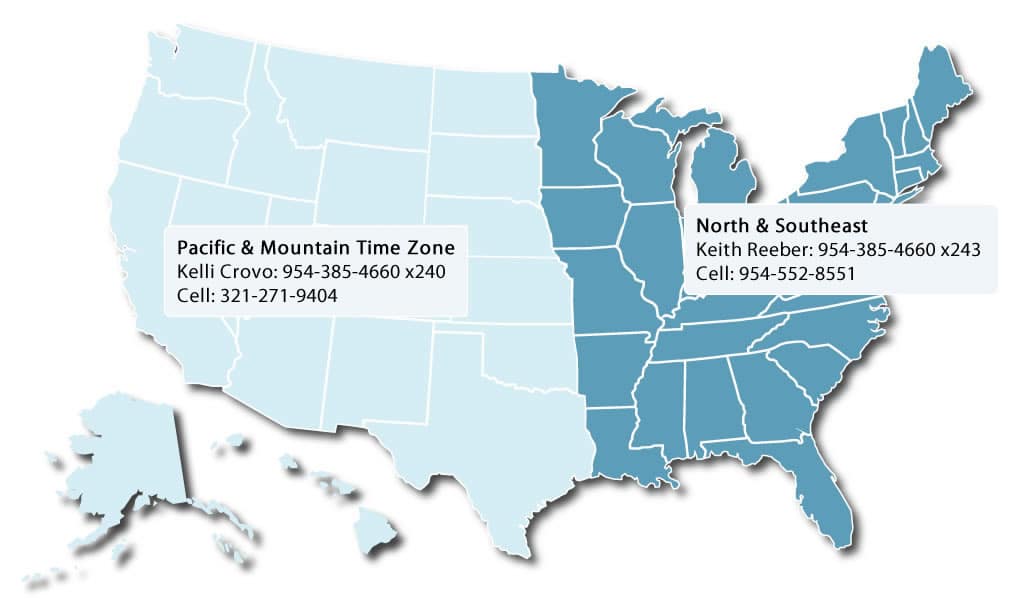
Sales Representatives
| Sales Rep | Phone | Cell | Call/Demo | |
|---|---|---|---|---|
| Keith Reeber | 954-385-4660 x243 | (954) 552-8551 | kreeber@interactivemetronome.com | Schedule a Call |
| Kelli Crovo | 954-385-4660 x240 | (321) 271-9404 | kcrovo@interactivemetronome.com | Schedule a Call |
International Sales
Outside the US? Click here for our international representatives.

